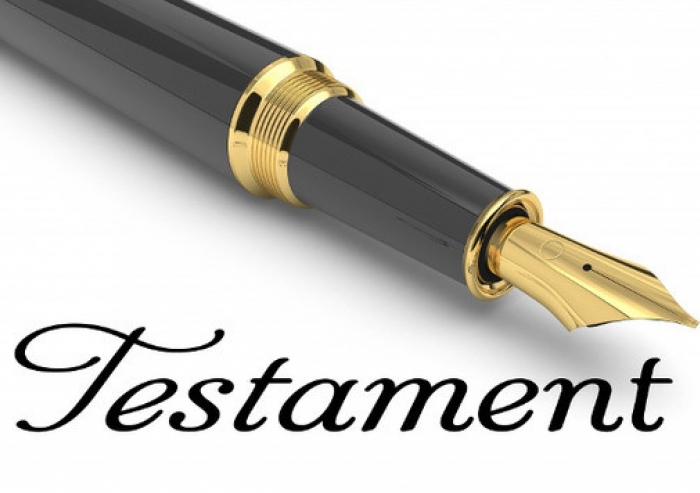“...if only they said they were sorry and meant it, I would have been open to drop the case and reconciled...” Mediators often hear similar private statements in meetings with clients. Originally, the Oxford English Dictionary defined ‘apology’ as a “defense, a justification, an excuse”. Its modern usage has come to mean “to acknowledge and express regret for a fault without defense”. This definition captures the core elements of apology: a) acknowledgment, b) affect, and c) vulnerability.
The book On Apology by Aaron Lazare begins with the paragraph: “One of the most profound human interactions is the offering and accepting of apologies. Apologies have the power to heal humiliations and grudges, remove the desire for vengeance, and generate forgiveness on the part of the offended parties. For the offender they can diminish the fear of retaliation and relieve the guilt and shame that can grip the mind with a persistence and tenacity that are hard to ignore. The result of that apology process, ideally, is the reconciliation and restoration of broken relationships.”
Impartiality, confidentiality, cost efficiency, and the voluntary nature of the mediation process have been the hallmarks of our community’s dispute resolution process through the Aga Khan Conciliation and Arbitration Board (CAB). Owing to the confidentiality of the process, mediation provides an ideal environment for an honest dialogue that can lead to apology and forgiveness. CAB mediators are trained to navigate this narrow path skillfully to explore the possibility of forgiveness with parties, when appropriate, while fully honouring the personal nature of the decision to forgive. If the mediator feels that an effective apology would usefully realign the relationships between the parties, he/she may try to encourage an apology at an appropriate time.
In a speech in Toronto in 2016, Mawlana Hazar Imam outlined a number of principles required to face the challenges of the future, including “a vital sense of balance, an abundant capacity for compromise, more than a little sense of patience, an appropriate degree of humility, a good measure of forgiveness, and, of course, a genuine welcoming of human difference.” Practicing each of these attributes can go a long way towards preventing conflict, and resolving disputes when they do occur.
Kenneth Cloke, a pioneer in championing forgiveness in mediation, has emphasised that forgiveness is a process and a way to release the pain of the past. He writes, “Forgiveness is not only a result, but a process of letting go of the past and opening to the future, of reclaiming energy from people and events we do not need in our lives, and of accepting ourselves more fully. It is a way of releasing from the burden of our own false expectations, and from the pain we have experienced at the hands of others. It is a release from judgment, including our judgments of ourselves.” At its essence, forgiveness is a decision to create a new story. Forgiveness does not negate accountability or require the release of the party’s claims, rights, or defenses; in fact it empowers disputants, as less energy is wasted on angry tirades and irrational demands.
Major life changes such as separation or divorce for example, do not come with a user manual and can cause a lot of emotional distress, sometimes leading to a trauma. They have traditionally carried a stigma of shame and a deep sense of self-condemnation. Modern society has been conditioned to perceive matrimony as a core aspect of our lives. Ending a marriage, can feel like an insurmountable failure, as one has invested so much time, energy and identity into being part of a couple. The pain is more excruciating if children are involved. Many individuals cannot or will not forgive themselves for failing at marriage. However, self-forgiveness is a vital step leading to a personal responsibility towards healing and self-growth. Forgiveness and acceptance help to regain positivity rather than remaining stuck in sadness and confusion.
The process of mediation also focuses on initiating a comforting recovery process for parties. This involves assisting each party to heal from the pain that they have experienced. Post-mediation follow up involves assisting them in identifying self-help resources, connecting with organisations that deliver economic support services, physical and mental health services, as well as social welfare services. This ‘bandaging the wounds’ approach focuses on restorative healing, which sets the parties and their families on a path toward rebuilding their lives and returning to harmony.
As stated in Surah An-Nur of the Qur’an “...let them pardon and forgive. Do you not wish that Allah should forgive you? Allah is most forgiving and merciful.” (Quran 24:22)
---
Dr Farida Virani is a Certified Mediation Trainer for the Aga Khan International Conciliation and Arbitration Board. She has extensive experience as an academic, consultant, corporate trainer, and in human resources. Her professional expertise includes teaching various subjects related to Applied Behavioural Sciences, Organisational Behavior and Human Resources Management.








